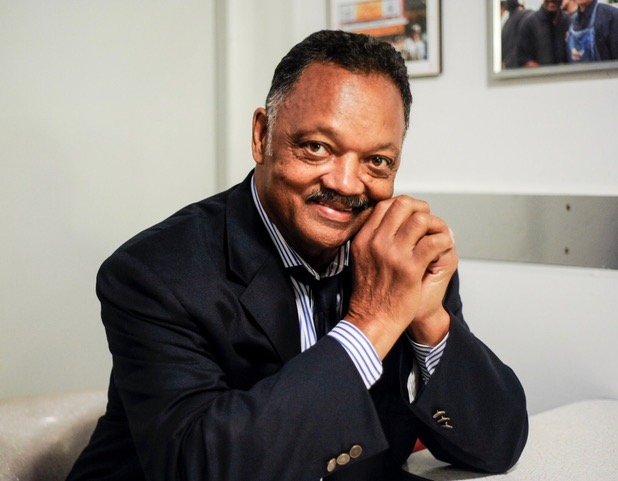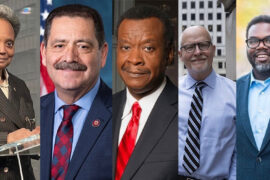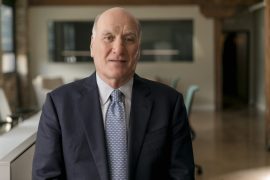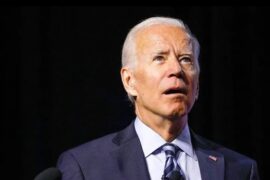The Reverend Jesse Jackson reaches a hallmark this Friday, October 8, when he turns 80 years old. He is the most senior Black civil rights leader to live. Frederick Douglas died at 78, Marcus Garvey died at 53, and Booker T. Washington died at 59. The modern leaders Dr. Martin Luther King, Jr, and Malcolm X were both assassinated at 39. So now, Jesse has become the most senior of Black leadership. And since we do not have civil rights leaders to live long lives, we don’t necessarily know how to act. We pay kind respect but not always the best way as emerging leaders seek the stage and microphone. It pains me sometimes as I watch them push him to the rear as he patiently watches.
Jackson was diagnosed with Parkinson’s disease in 2017, and we have seen him become a little slower and his speech sometimes unclear. Despite this, he continues his work of social justice and equity. He has opened many doors; he has made a difference and brought change to America that he sometimes is not credited with. His motto is to keep moving, and his attitude is “No Time to Die.” He pushes hard and is relentless, his hallmark. He tires most, who are younger and healthier than he.
As I look at Jackson retrospectively, in essence, I want to capture eight significant contributions that he has made in his lifetime.
1. Jesse (the Student) started Operation Breadbasket…
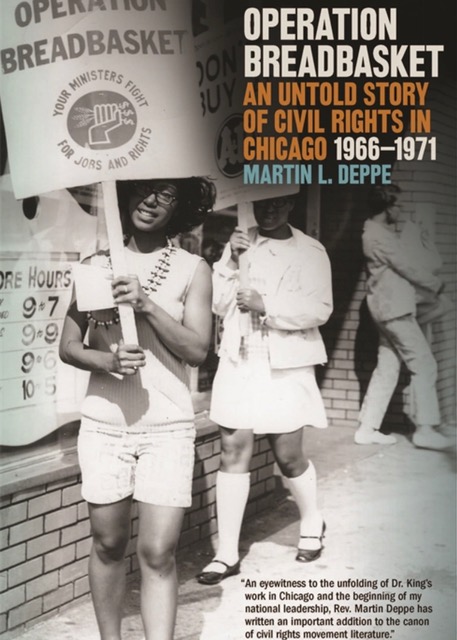
While a graduate student at the Chicago Theological Seminary, he started Operation Breadbasket. Breadbasket was then the economic arm of Dr. King’s Southern Christian Leadership Conference. He and his classmates, Reverends David Wallace and Gary Massoni, were on a mission to improve the economics of placing Black products on retail shelves in the Black communities. In doing so, revenues for companies like Joe Louis Milk, Parker House Sausage, Boles Wax, and Johnson Products developed. He took them to a different level. With economic boycotts, corporations were encouraged to use the professional services of Black lawyers, accountants, cleaning services, and the like. He recognized the economics of the Black community and woke a power requiring direction. He directed it and brought the community together, making it more robust in so many ways. In his economic engagement work, Black companies grew, but most importantly, dignity grew, and so did respect. As a result, the Black community had an awakening by young college students.
2. Black Expo. . .

Jackson wanted to create a showcase and forum for Black products, services, and companies, so he created BLACK EXPO. It was a conference for Black excellence in business, culture, and entertainment. It was a hit, and the premier expo was put together in six weeks at the ChicagoAmphitheater. It was new, fresh, and hosted a million people in its third year and to this day proved to be the largest Black exposition of its kind in the nation. It was documented in the film “Save the Children.” It was spectacular.
3. Chicago’s New Politics. . .
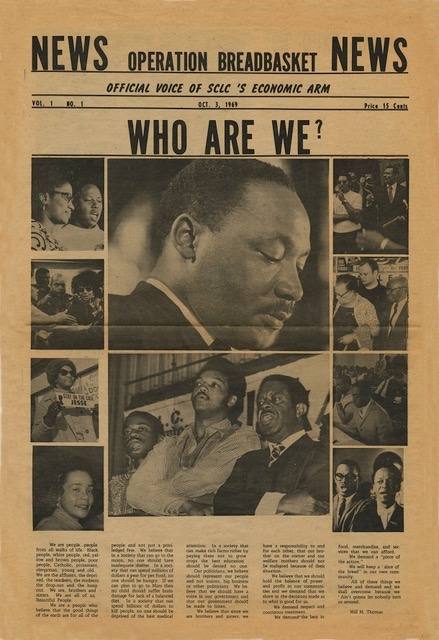
Jackson changed the politics of Chicago. Breadbasket was organized in a committee of “spokes.” The spokes, for example, were education, business, ministers, politics, and the like. The spokes developed leadership. Leadership that became political. Independent politics was rising as Chicago machine politics was challenged. Candidates were emerging and running and winning. Chicago was in the process of change. The Saturday morning forums were effective. Breadbasket was the meeting place where the community came together to hear Jackson speak to the issues of the day. He addressed racism, injustices head-on as a brilliant orator, with rhymes, statistics, and real examples.
Power was forming. Jackson changed the politics of Chicago with a small crew to include Leon Davis, Alice Tregay, and Betty Magness. People from all over the country were coming to Chicago on Saturday mornings to hear Jackson preach. After Dr. King died in 1968, Jesse exploded. Meetings were held at The Parkway Ballroom and different churches as their audiences grew and grew. The Capitol Theater became a home until finally, PUSH found its own abode at a former synagogue at 930 W. 50th Street.
Jackson was growing. The team’s principals were staff-developed – Rev. Willie Barrow, Rev. Ed Riddick, Rev. David Wallace, Rev. Gary Massoni, Rev. Calvin Morris, Lucille Loman, and Ben Branch. A host of volunteers went to work and then came to work at Breadbasket in the evenings.
Jackson’s platform attracted national attention. Out of towners were coming to Chicago seeking assistance and studying the winning formula. So, was the case for Richard Hatcher of Gary, Indiana, and Carl Stokes of Cleveland. Black candidates were running and winning. Jackson campaigned for them. A new politics came forth, recognizing a new paradigm in Black power. Jackson began to travel the country preaching and teaching a new way.
4. Jackson’s Presidential Runs. . .
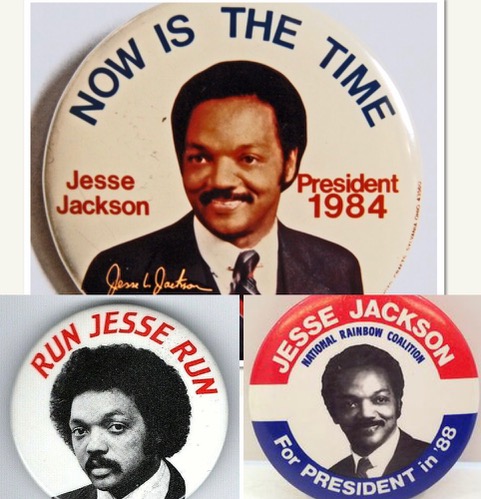
In 1984, Jackson ran for President of the United States. It was a risk but it was a real run. He had a grassroots team based on the clergy and community organizations. It was the civil rights way. Jackson was rising. Press secretary, Frank Watkins, studied and wrote the blueprint to show the possibility and strategy for a win. The number of Black voters in the south could produce a president.
Jackson’s way of saying it was the “hands that once picked cotton, could pick a president.” He lost, but he raised the consciousness of Black America to see the possibility and the opportunity. He never stopped campaigning and ran again in 1988. It was a different campaign, with more sophistication. It was a people’s campaign. Jackson was registering voters, students, the elderly, farmers, those who had never voted before were voting. The Black community chant was “Run Jesse Run.” Major media was asking the wrong questions, like, “Why is Jesse Running?”
Jackson registered 6 million new voters to America’s democracy during the campaign and brought more voters to the polls than any other single person. He was a fresh voice and introduced the idea of coalition politics – Blacks, Latinos. Unions, women, and others. He had a big tent. He saw voting blocks. He disrupted the American voting process. The change was here. He changed the Democratic Party, changing the rules, and his historic run made way for a progressive white male southerner Bill Clinton and eventually Black race candidate Barack Obama. It was Jackson who did the heavy lifting, changing the rules to make it happen.
By the way, he opened the door for many local campaigns; states races had Black candidates, mayors, sheriffs, state representatives, with members of Congress winning.
When Jackson was on the debate stage, he kicked the door down with his boldness. He was a disruptor. JosephBiden was also a candidate, and while his opponents talked about European politics, Jackson raised the conversation to discuss Nelson Mandela and South Africa’s apartheid. The people that Jackson brought to the political process went on to join the party. Ron Brown and Donna Brazil are prime examples.
5. Jackson’s Leadership Style. . .
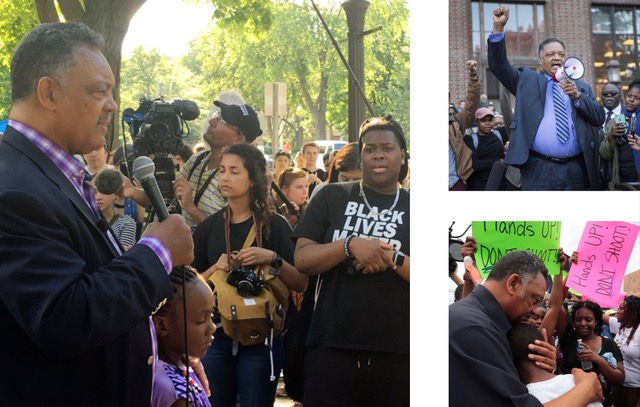
Jackson has taught leadership but not in an academic, lecturing organized way. He brought many under his wing – leading by example and having young folk, particularly young Black males, in his surroundings. There is no textbook or video. He took them to task and showed them the way. He challenged them, and many of them challenged him. He usually wins. He is a gamesman and loves to play the game of win, upmanship, and strategy. He is not always organized as you would like, but he usually wins. He is a teacher by demonstration.
Dr. King brought change to American via the constitutional process. Jackson’s transformation has been through the caste system at every level, from politics to corporate boards, to media. He has been the ultimate fighter for inclusion, empowerment, and diversity. He lived Black Lives Matter before it was born. His civil rights grew evidently in Greensboro as a student going to the library for a book. His first demonstration was about a book.
Jackson changed the face of mass media. Few Black faces were writing for major mainstream newspapers and on network television. Jackson asked the right questions to the station bosses, and change came forth with Black faces as columnists, commentators, and television anchors.
6. Jackson – The Diplomat…

Jackson, the rescuer, became monumental and legendary. As a private citizen, he has traveled internationally to rescue. He went to Syria to save Navy Lt. Robert Goodman. He went to the Persian Gulf to negotiate with Saddam Hussein to release the British and 20 Americans. He spoke in London to a million people in an anti-war demonstration. The book “I am Somebody – Why Jesse Jackson Matters” by David Masciotra is the best on Jackson’s political and international diplomacy.
7. Jackson Visits the Jails…
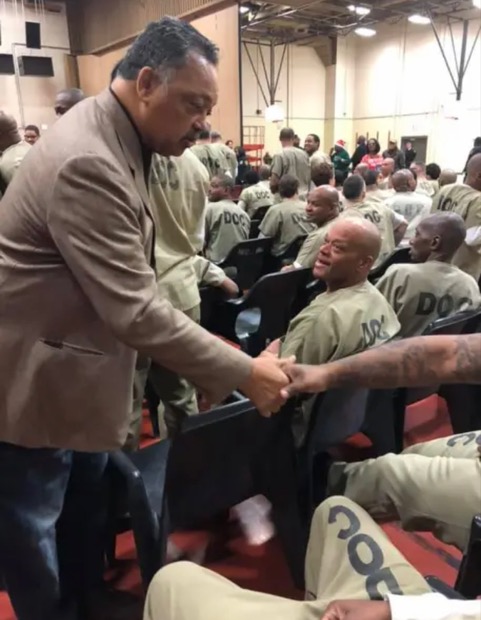
Jackson has lived his life with a life of giving and freedom, seeking justice and equity. Every Christmas, he visits the jails with a good sermon of encouragement. He responds to tragedy-like disasters with immediate needs of food and clothing, and medical supplies.
Jackson has lived in what he says “his world.” He manifested changes along the way. He has had an impact on the sheer power of his name. He has challenged the authorities with the idea of doing what’s right. He has fought for social equality and justice all of his life, righting the wrongs. He has not cared about the agreement; he has been more concerned with correctness.
8. Jackson’s Phone Call…
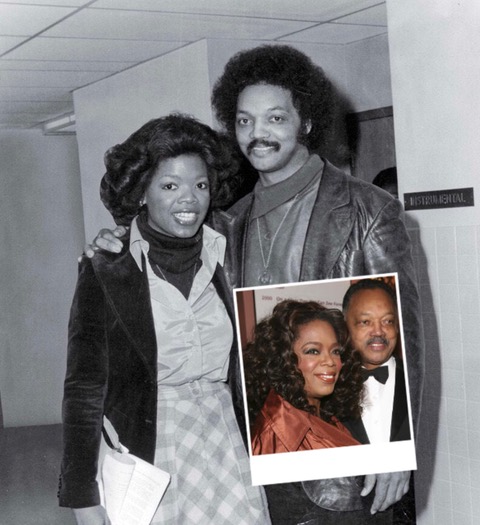
And last but not least, Jackson’s phone calls are infamous. He has made phone calls and written letters of reference and/or inquiries to open a door or to challenge injustice or explore an opportunity. He has been persuasive. For example, when Oprah Winfrey was fired from her reporter job in Boston, it was Jackson who asked the station manager, rather than firing her, do you have a talk show spot for her. He has done this for many and oh how they forget.
Jackson will be studied for years to come. He is the change of America. There will be books, I hope he writes his own so that we can get his first-hand insights and perspectives. He is innovative and challenging. In July he was awarded France’s highest order of merit, The Legion of Honour. He should receive the Nobel Peace Prize for his work as an activist. Jackson still labels himself as a “freedom fighter.”
Happy Birthday, Revered at 80. And for those who forgot along the way THANK YOU with much love.


